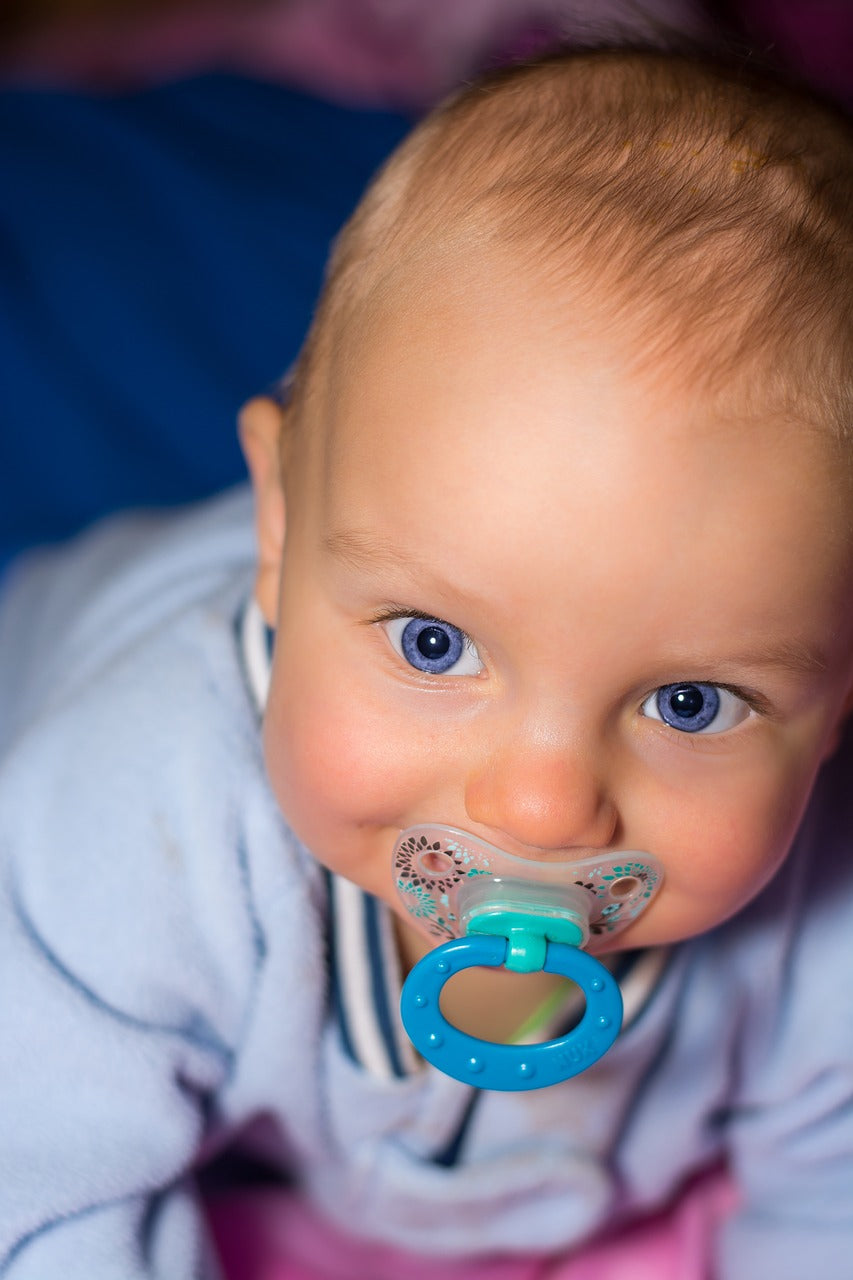Newborn Baby Health: Nurturing a Foundation for Lifelong Well-being
The health of a newborn baby is of utmost importance to parents and caregivers. During the early stages of life, establishing a strong foundation for optimal health is crucial for a baby's overall well-being. This article will explore various aspects of newborn baby health, including physical well-being, nutrition, immunizations, and hygiene practices.

- Physical Well-being:
The physical health of a newborn baby encompasses several factors. Regular check-ups with a pediatrician are essential to monitor growth and development, identify any potential health concerns, and ensure timely interventions. Adequate sleep and rest are crucial for a baby's growth and recovery, while proper hygiene practices, such as regular bathing and diaper changing, help maintain cleanliness and prevent infection. Protecting the baby from exposure to harmful substances, such as tobacco smoke and chemicals, is vital for maintaining a healthy environment.

- Nutrition:
Proper nutrition plays a pivotal role in newborn baby health. Breastfeeding is widely recognized as the optimal source of nutrition for newborns, providing vital nutrients, antibodies, and enhancing immune system development. If breastfeeding is not possible, appropriate formula feeding guidelines should be followed. Ensuring a balanced diet as the baby transitions to solid foods is essential for meeting nutritional needs and supporting healthy growth and development.

- Immunizations:
Immunizations are a crucial aspect of newborn baby health. Vaccinations protect against various infectious diseases, preventing serious complications and even saving lives. Following the recommended immunization schedule provided by healthcare professionals is vital to ensure the baby receives necessary protection against diseases such as measles, polio, hepatitis, and more. Vaccinations not only safeguard the baby but also contribute to community health by reducing the spread of infectious diseases.

- Hygiene Practices:
Maintaining proper hygiene practices is fundamental to newborn baby health. Regular handwashing before handling the baby, sanitizing feeding equipment, and keeping the surroundings clean and hygienic are paramount. Caregivers should also be mindful of preventing the spread of germs by practicing respiratory hygiene, such as covering the mouth and nose while sneezing or coughing.

Newborn baby health sets the stage for a lifetime of well-being. By focusing on physical well-being, nutrition, immunizations, and hygiene practices, parents and caregivers can provide a nurturing environment that promotes optimal health. Regular healthcare check-ups, promoting breastfeeding or appropriate formula feeding, following immunization schedules, and maintaining good hygiene practices contribute to a healthy start in life for newborns. Remember, the investment in a baby's health during these early stages lays the foundation for their future growth, development, and overall well-being.








